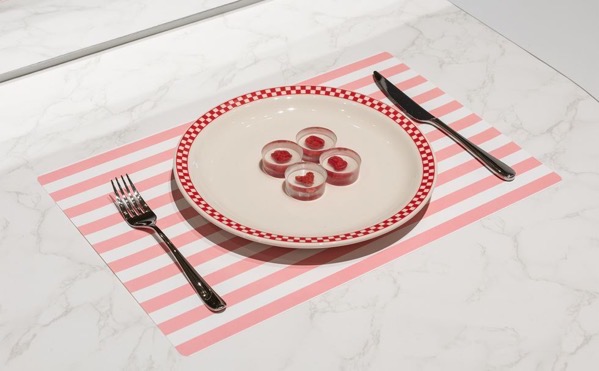Key facts:
- We keep talking about cellular agriculture week after week as Singapore authorized it, startups multiply experiments and raise a lot of capital.
- However, in Europe, and notably in France, things are not moving in the right direction.
- In London, the design museum hosted an exhibition showcasing the “Ouroboros steak”, a cell-based steak made of human cells that triggered a controversy (Touring in the US, it created much less fuss).
- In France, the agriculture minister declared itself against cellular agriculture, and we are observing a burgeoning of opinion columns against it in the media. Their main arguments being that we don’t know if it is safe and that it could disrupt livestock farming as we know it.
Why it matters – DigitalFoodLab’s opinion:
It seems that anything that somewhat threatens the idea of the traditional farm Europeans have in their mind is unacceptable. Cellular agriculture packs alls of these challenges in one easy target. If it seems good PR for an Israeli prime minister to taste Aleph farm’s steak or for Singapore to be the first state to approve it, we observe a mirror image.
Cellular agriculture is still seen as a threat. Our job is to change that and show how it could become an industry that could give its leaders both an economic and cultural edge. Jobs already challenged in the meat industry could be replaced but only in countries leading the trend. Indeed, even if the final cellular meat is produced locally, the technology (bioreactors, medium, starting cells) probably won’t. Finally, food has always been a soft power tool, embracing (which also means defining it). The meat of the future should be taken seriously by countries that often define themselves by their culture.








